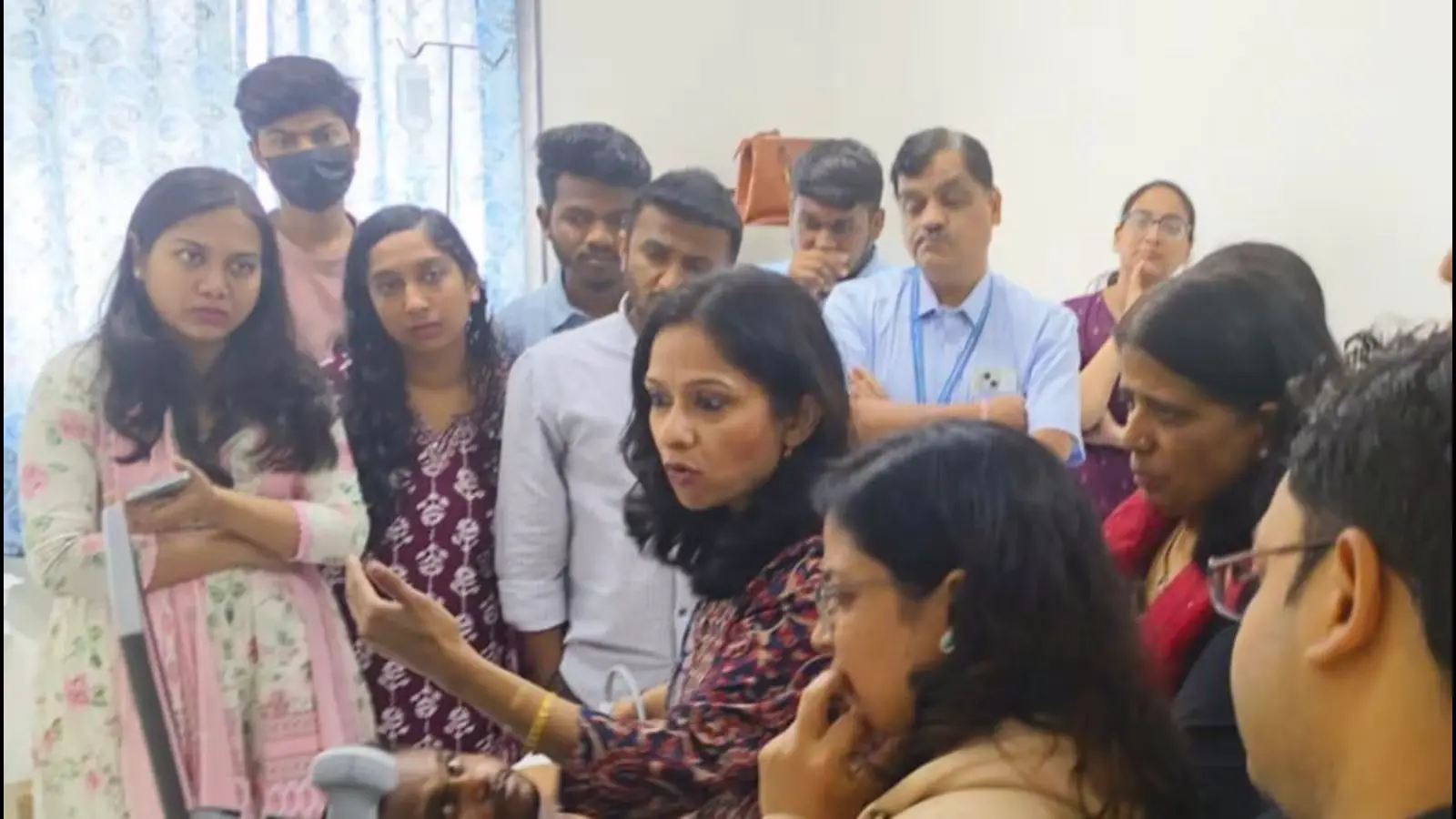The Indian fashion landscape is rapidly evolving, with the mid-priced fast fashion market emerging as a significant growth segment. As consumer demand for affordable yet trendy apparel soars, the need for skilled designers who can cater to this dynamic market becomes increasingly critical. This raises a pertinent question: Are Indian fashion schools adequately preparing their graduates to thrive in this booming sector?
The Fast Fashion Phenomenon in India
Fast fashion, characterized by the swift uptake of new trends at economical prices, is gaining tremendous traction in India. Brands targeting this segment are thriving, largely due to the vast demographic demand for fashionable clothing at reasonable rates. However, this growth requires a workforce sensitized to the unique demands of fast fashion, including design, production, and marketing. The ability to quickly translate trends into market-ready products is essential, placing a premium on specialized skills.
The Role of Fashion Education
Fashion education serves as the foundation for the professionals driving the industry. Indian fashion schools must align their curricula and training programs with the needs of the fast fashion sector. Education has the potential to be transformative, fostering creativity and technical expertise among students. However, the question remains: Are fashion schools in India adapting their curricula to meet the demands of this rapidly changing industry?
Adapting Curriculum to Industry Needs
Leading fashion schools in India offer a variety of courses, but the effectiveness of these programs in preparing students for the fast fashion industry warrants examination. Key components of a successful curriculum include integrated modules on rapid design processes, efficient production techniques, and trend forecasting. These elements are essential to equip students with the skills needed to navigate the challenges of the fast fashion industry.
The Importance of Industry Engagement
The interaction between young designers and industry professionals plays a crucial role in assessing the preparedness of graduates. Feedback from industry experts can highlight gaps between theoretical knowledge and industry requirements, prompting departments of fashion to regularly review and update their syllabi. By incorporating new challenges, innovations, and trends into the curriculum, fashion schools can ensure that their graduates are industry-ready.
Technical and Digital Skill Development
To succeed in the fast fashion industry, designers must possess a strong technical foundation, including skills in pattern making, garment construction, and textile knowledge. Practical workshops that emphasize hands-on training are essential, as they allow students to develop these skills in a real-world context. Additionally, proficiency in digital tools such as computer-aided design (CAD) software is increasingly important. Digital skills bridge the gap between creativity and innovation, enabling designers to leverage technology in their creative processes.
Business and Marketing Acumen
In addition to creative and technical skills, a solid understanding of the business side of fashion is crucial for success in the fast fashion sector. Courses in marketing, brand management, and business strategy equip graduates with the knowledge needed to navigate the commercial aspects of the industry. This ensures that graduates can not only design appealing products but also effectively market and manage them.
Real-World Experience through Internships
Internships provide invaluable real-world experience, exposing students to the fast-paced environment of the fashion industry. Fashion schools should prioritize facilitating internships and establishing partnerships with leading brands. These collaborations allow students to work on live projects, gain practical insights, and build a network of industry contacts.
The Power of Networking
A strong alumni network can be a powerful resource for new graduates, offering support and opportunities as they embark on their careers. Fashion schools should invest in fostering a vibrant alumni community to support the development and success of current students.
Looking to the Future
As the mid-priced fast fashion segment continues to grow in India, fashion education must evolve to meet the demands of this vibrant industry. Schools should focus on innovation, integrating sustainable practices, technology, and business acumen into their curricula. By doing so, they will equip graduates with the skills needed to excel in the fast fashion sector and contribute to the growth of the Indian fashion industry.
The Way Forward
India’s fashion industry is on an upward trajectory, with fast fashion playing a significant role in its growth. It is incumbent upon fashion schools to nurture design talent with a strong grounding in business and sustainability and a focus on creativity and innovation. By continuously adapting to industry trends, Indian fashion schools can ensure their graduates are well-prepared to lead in the global fast fashion landscape.
The author is the Founder, JD School of Design.























